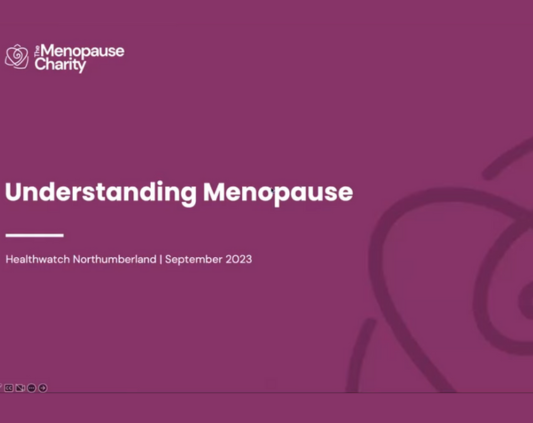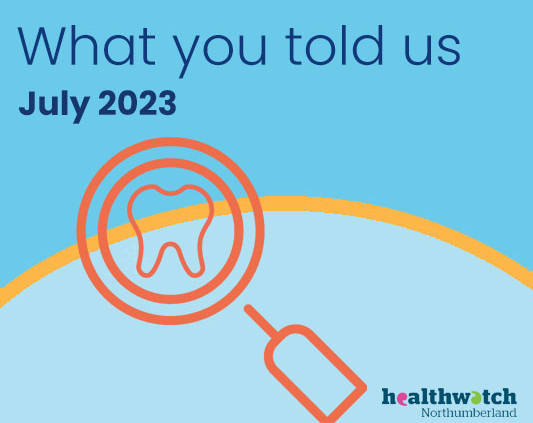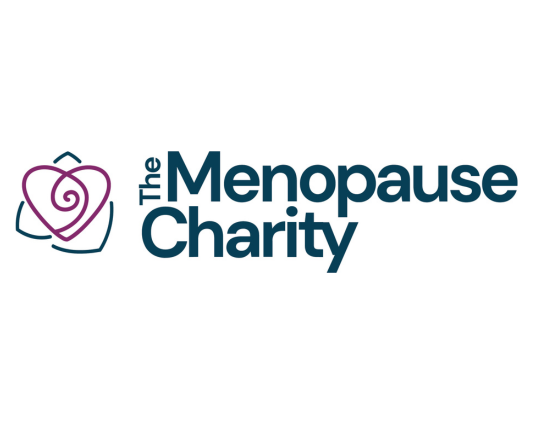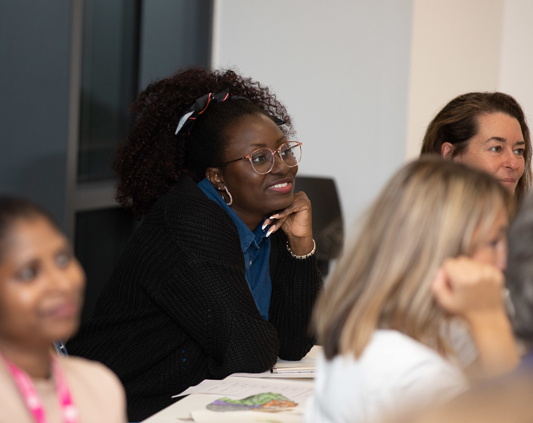GP services at Darras Hall
Important information for patients of Ponteland Medical Group – GP services at Darras Hall
Ponteland Medical Group is making changes to the service it provides to a small number of patients who currently access GP services at Darras Hall surgery. Below is the information that has been sent to patients.
Providing services from the Darras Hall site is no longer sustainable. This is because the cost of running a clinic from there once a week is disproportionate to the service currently provided. We currently rent a clinical space in this privately owned property.
Only around eight appointments a week, between 6pm and 8pm on a Tuesday, are delivered from Darras Hall.
Due to the very small number of patients who access the surgery, we expect the impact of stopping this clinic to be minimal.
We do appreciate that if you do access services from this site, this may be concerning for you. You will able to arrange appointments at Ponteland Medical Group’s main surgery, located just 1.6 miles away form the Darras Hall site.
As you will know, Darras Hall is well served by public transport, with the X78/74 dropping passengers on Ponteland’s West Road, a short (six minute) walk to the main surgery. This service runs every 15 minutes. Patients also have the option of accessing care at the Dinnington surgery.
Extended access appointments, between 6pm and 8pm, can be booked at Cramlington Medical Group.
This service has been well utilised by Ponteland Medical Group patients. Cramlington Medical Group is a 15-minute drive from Ponteland. Patients are also able to use public transport to get to Cramlington by taking the X78/74 into Newcastle city centre and connect to the X9/X10/X11 to Cramlington.
Patients will also have the option of a telephone appointment, if appropriate.
Patients do not need to do anything
Patients who access care at the Darras Hall site don’t have to re-register with Ponteland Medical Group and will be able to continue to access care from Ponteland Medical Group’s main practice, as well as the one in Dinnington.
Patients who are registered at Ponteland Medical Group, but do not go to Darras Hall, will see no change to their services.
Getting feedback from patients and other stakeholders
To ensure we give patients and stakeholders the chance to give us feedback on this change, raise any issues or ask any questions that they may have, we will carry out some engagement. This will be done over a four-week period, ending on Friday 13 October.
You can share your views via an online survey (which will be texted to patients too), or you can ask for a hard copy survey at any Ponteland Medical Group surgery. You can also write to the practice management team at Darras Hall Surgery, Broadway, Darras Hall, Ponteland, Newcastle upon Tyne NE20 9PW or contact Ponteland Medical Group on 01661 825 513.
If you would like to tell us here at Healthwatch Northumberland your views on the changes, please get in touch.
Patients and stakeholders will be updated on feedback received after the end date of 13 October.
Frequently asked questions can be found on the Ponteland Medical Group website.











